Plácido Domingo, born on January 21, 1941, in Madrid, Spain, is a living legend in the realm of classical music. Renowned as one of the most versatile and accomplished tenors in history, Domingo’s career has spanned over six decades, encompassing not only opera but also conducting and entrepreneurship. This blog delves into the captivating biography of Plácido Domingo, exploring his journey from a young boy in Madrid to an international icon and cultural force.
Early Years and Musical Upbringing:
Plácido Domingo’s love affair with music began in his childhood. Born into a family of zarzuela performers, a Spanish operatic form blending drama, singing, and dance, Domingo was surrounded by the rich tapestry of musical expression from an early age. His parents, Plácido Domingo Ferrer and Pepita Embil, were esteemed zarzuela stars, providing a familial foundation steeped in the traditions of Spanish music.
Domingo’s early exposure to diverse genres of music, including zarzuela, bolero, and classical works, laid the groundwork for his exceptional vocal talent. At the age of eight, he moved to Mexico with his family due to his parents’ professional commitments. This move not only broadened his cultural horizons but also set the stage for the global journey that would define his career.
Operatic Aspirations and Training:
Plácido Domingo’s destiny as an operatic tenor became evident during his studies at the National Conservatory of Music in Mexico City. His early training in piano and conducting laid a solid musical foundation, but it was his unmistakable tenor voice that captured the attention of instructors and fellow students alike. Domingo’s operatic journey officially began when he made his professional debut at the Teatro Degollado in Guadalajara, Mexico, in 1959, singing the role of Alfredo in Verdi’s “La Traviata.”
International Breakthrough:
Domingo’s international breakthrough came in 1965 when he stepped onto the stage of the Metropolitan Opera in New York as Maurizio in Cilea’s “Adriana Lecouvreur.” This marked the beginning of a prolific association with the Met that would endure for decades. His powerful and expressive voice, coupled with a magnetic stage presence, catapulted him to operatic stardom.
The Three Tenors and Global Recognition:
In 1990, Plácido Domingo, along with fellow tenors Luciano Pavarotti and José Carreras, formed the iconic trio known as “The Three Tenors.” Their historic performance on the eve of the 1990 FIFA World Cup Final in Rome garnered global acclaim and introduced classical music to a massive international audience. The subsequent years saw them embark on numerous world tours, solidifying their status as cultural ambassadors and bringing opera to arenas and stadiums around the world.
Versatility Beyond Opera:
While Domingo’s prowess in opera is unparalleled, his versatility extends beyond classical realms. He has embraced a diverse repertoire, showcasing his ability to seamlessly transition between genres. His crossover success includes collaborations with pop and Latin music artists, such as John Denver, Josh Groban, and Alejandro Fernández, reflecting his commitment to expanding the boundaries of classical music.
Conducting and Artistic Leadership:
Plácido Domingo’s artistic journey also includes a significant foray into conducting and artistic leadership. In addition to his acclaimed performances on stage, he has conducted some of the world’s leading orchestras and opera houses. Domingo served as the General Director of the Washington National Opera from 1996 to 2011 and later took on leadership roles at the Los Angeles Opera and the Operalia World Opera Competition.
Controversies and Resilience:
While Domingo’s career has been marked by unparalleled success, it has not been without challenges. In 2019, several women accused him of sexual harassment, leading to a series of cancellations and resignations from prominent engagements. Domingo, while expressing regret and acknowledging the need for change, maintained that he believed all his interactions were consensual. The controversies underscored broader discussions about power dynamics in the world of classical music. Despite the challenges, Domingo has continued to perform, showcasing resilience and determination.
Philanthropy and Humanitarian Efforts:
Plácido Domingo has been actively involved in philanthropy and humanitarian efforts throughout his career. He established the international vocal competition Operalia in 1993, providing a platform for young opera singers to showcase their talents. Additionally, his involvement in charitable organizations, including the Andrea Bocelli Foundation and the José Carreras International Leukemia Foundation, reflects his commitment to making a positive impact beyond the stage.
Legacy and Awards:
Plácido Domingo’s legacy is not only defined by his extraordinary vocal talent but also by his impact on the cultural landscape of classical music. His numerous awards and honors include multiple Grammy Awards, the Presidential Medal of Freedom, and the United Nations Educational, Scientific and Cultural Organization (UNESCO) Artist for Peace Award. Domingo’s enduring influence on the world of opera and his contributions to bridging the gap between classical and popular music genres have left an indelible mark on the history of music.
Conclusion:
Plácido Domingo’s biography is a symphony of passion, dedication, and artistic brilliance that has resonated across the globe. From his formative years in Madrid to gracing the stages of the world’s most prestigious opera houses, Domingo’s journey embodies the transformative power of music. While controversies have added complexities to his narrative, his resilience, philanthropy, and musical legacy continue to inspire generations of performers and audiences. As a tenor, conductor, and cultural ambassador, Plácido Domingo remains a living testament to the enduring magic of the human voice and the universal language of music.
.- Youtube Feature Video: Plácido Domingo sings Agustín Lara: Granada (from The Three Tenors in Concert 1994) Link here.


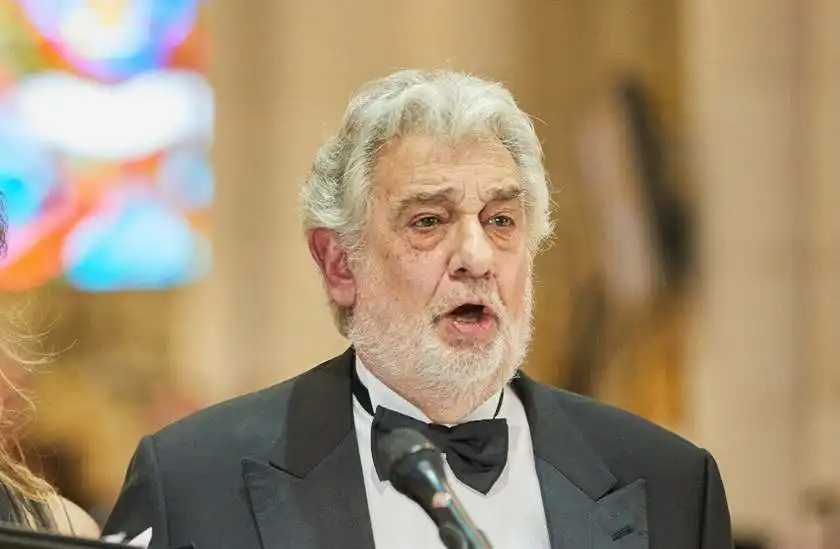
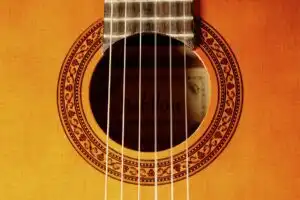



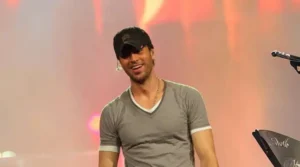
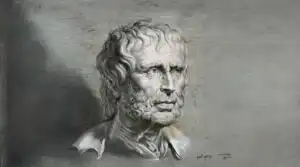



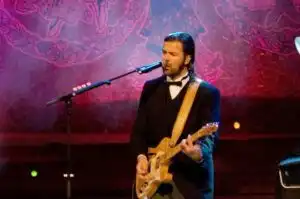
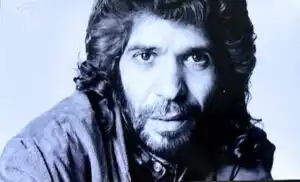
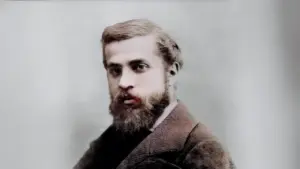
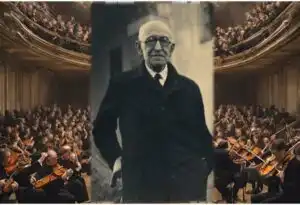
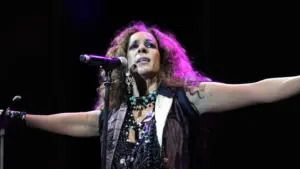
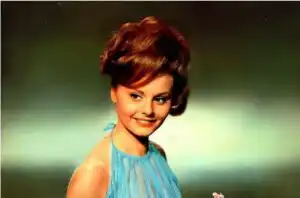
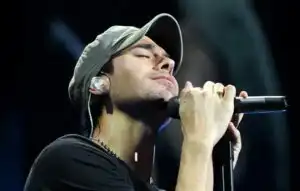



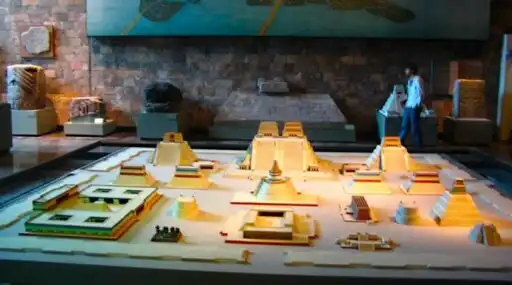
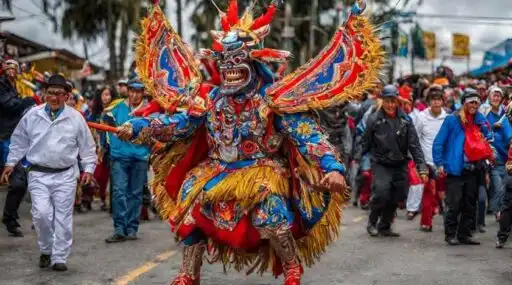

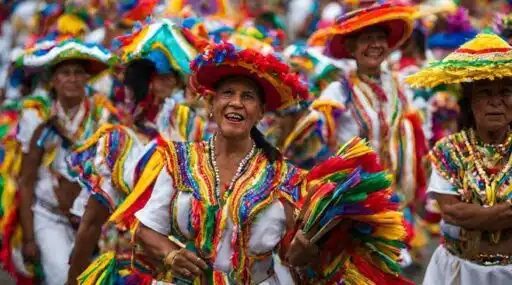

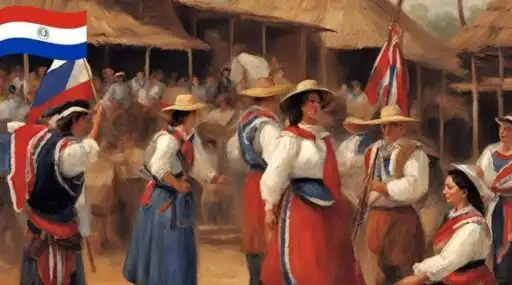




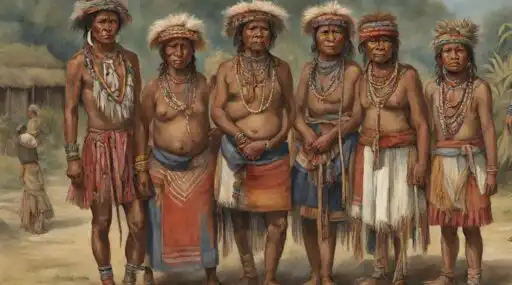



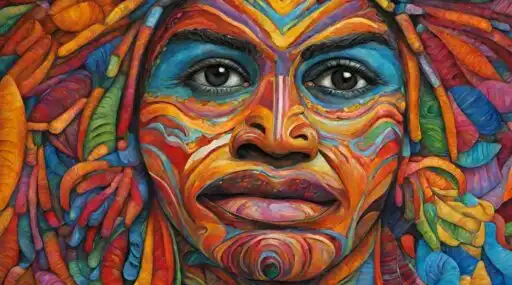

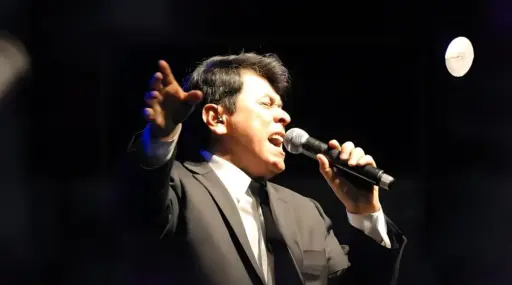




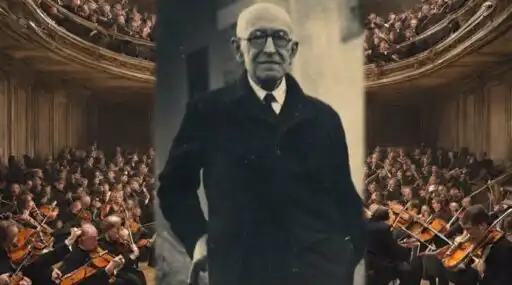

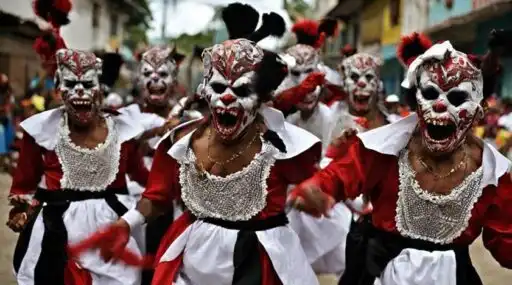


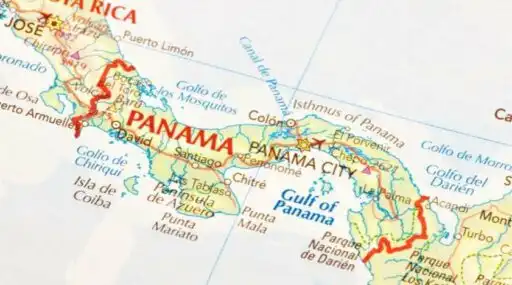
Leave a Reply